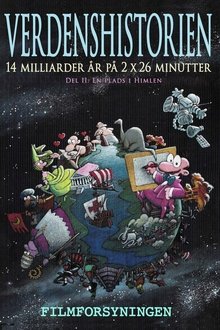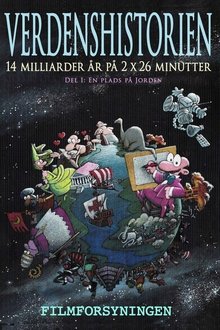The film explores the destruction of a unique train station in Zurich and the construction of the new prison and police centre in its place. From the perspective of the filmmaker’s window, and with testimony from prisoners awaiting deportation, the film probes how we deal with the extinction of history and its replacement with total security.
Related Movies

LGBTs no regime militar (2018)
In 1980, the first march of gays, lesbians and transvestites took place in Brazil in protest against the constant police operations that took place in São Paulo, which aimed to repress these groups. Based on Renan Quinalha's doctoral thesis, “Against morality and good customs: the sexual politics of the Brazilian dictatorship (1964-1988)”, carried out by the Institute of International Relations, a series of four 5 minute videos about the birth of the LGBT movement during the Military Regime.
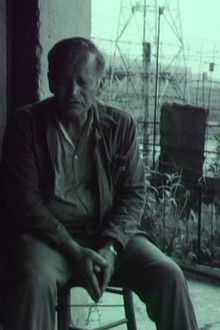
Stories for Murders (1993)
A father killed his son. In a state of alcoholic delirium, a young man murdered his friend. A 21 year-old boy shot a policeman. Faced with their death sentence, they tell about what happens with them at the moment when they are between death and ... death.

Somalia: The Forgotten Story (2016)
This documentary reaches to the depth of Somali history, starting from the strong kingdoms that ruled areas far away into Africa, passing by the Portuguese raids and ending with its division into five colonies ruled by different European forces, leaving the people of the same race and language separated by geographical borders. It addresses problems of civil war, chaos, theft, and mass destruction. It also focuses on valuable attempts by national organizations to resist occupation and foster peace.
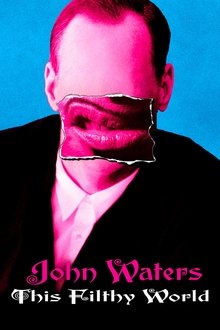
This Filthy World (2006)
In this filmed version of cult film director John Waters' popular one-man show, the Pink Flamingos and A Dirty Shame director takes the stage to discuss everything from his early influences, fondest career memories, and notorious struggles against the MPAA rating system. Part endearing memoir and part hilarious lecture, This Filthy World touches on everything from the insanity of contemporary pop culture to the director's unforgettable early collaborations with inimitable Pink Flamingos star Divine.

The Frogs (2020)
A woman visits her boyfriend, locked up in a prison a few hours’ drive away from Buenos Aires. Each week, she manages as best as she can to accomplish her mission: provide her boyfriend food, drugs and love. In an exercise of visceral realism, Edgardo Castro constructs a harrowing love story with Las Ranas.
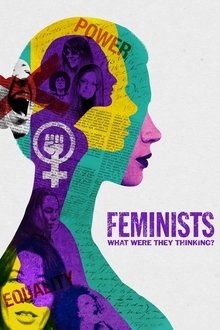
Feminists: What Were They Thinking? (2018)
In 1977, a book of photographs captured an awakening - women shedding the cultural restrictions of their childhoods and embracing their full humanity. This documentary revisits those photos, those women and those times and takes aim at our culture today that alarmingly shows the need for continued change.
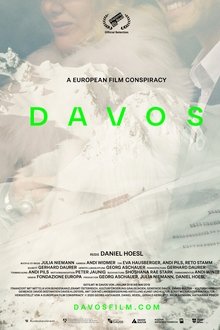
Davos (2021)
Beneath its reassuring façade, Davos is each year at the heart of the Western and capitalistic world. Every chief of State and everyone who is someone in the money world meets with their peers in the Swiss village. What is really at stake in Davos ? Julia Niemann and Daniel Hoesl create a fascinating observational documentary in which judgement is never handed out and where the dialectics of conflicts matter more than easy and reassuring answers. The film asks the viewer some uncomfortable questions by focusing on challenges that the new global economy poses to the world.

Jacinta (2021)
An intimate portrait of mothers and daughters and the effects of trauma, Jacinta follows a young woman in and out of prison as she attempts to break free from an inherited cycle of addiction, incarceration, and crime.

Leon Trotsky: A Personality in the 20th Century (2013)
Leon Trotsky is considered one of the most controversial revolutionary figures of his time. Was he a practical revolutionary or a naive idealist? On the practical side, he was the mastermind behind the Bolshevik seizure of power in 1917, and was totally ruthless during the ensuing Civil War. As an idealist, he was committed to the pursuit of international revolution, but created many political enemies. After Lenin's death, Trotsky lost in a power struggle with Stalin, and later was expelled from the Communist Party. Trotsky was exiled from the Soviet Union, eventually finding refuge in Mexico. In 1940, Stalin ordered his assassination, and Trotsky died after being struck in the head with an ice-pick. History records that Trotsky was a master theoretician, a skillful propagandist and a brilliant orator.
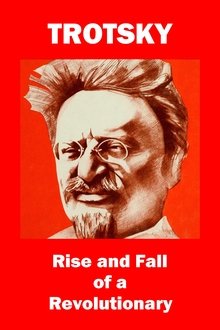
Trotsky: Rise and Fall of a Revolutionary (2009)
This film examines Trotsky, the revolutionary; venerated and reviled, loved, hated, feared. Archive material compiled from all over the world, citations and new shoots create an electrifying proximity to the historical person and to the man Leo Trotsky. Stages in his life and eventual flight are carefully examined, from St. Petersburg, to Mexico City. This is the riveting political biography of the Revolution's onetime hero.
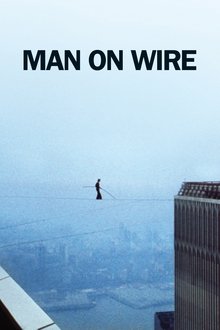
Man on Wire (2008)
On August 7th 1974, French tightrope walker Philippe Petit stepped out on a high wire, illegally rigged between New York's World Trade Center twin towers, then the world's tallest buildings. After nearly an hour of performing on the wire, 1,350 feet above the sidewalks of Manhattan, he was arrested. This fun and spellbinding documentary chronicles Philippe Petit's "highest" achievement.
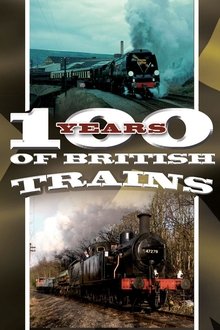
100 Years of British Trains (2007)
A fascinating compilation tracing the development of British trains throughout the 20th century. This program provides a record of the greatest days of steam; the magnificent express engines developed by the 'Big Four' - the GWR, SR, LNER, and LMS; many famous named trains like the Golden Arrow and the Brighton Belle, the War and Nationalism; and the amazing variety of elder locos from the 1950's.

The Day Hitler Died (2015)
The story of Hitler’s final hours told by people who were there. This special features exclusive forgotten interviews, believed lost for 65 years, with members of Hitler’s inner circle who were trapped with him in his bunker as the Russians fought to take Berlin. These unique interviews from figures such as the leader of the Hitler Youth Artur Axmann and Hitler’s secretary Traudl Junge, have never before been seen outside Germany. Using rarely seen archive footage and dramatic reconstruction, this special tells the story of Adolf Hitler’s final days in his Berlin bunker.
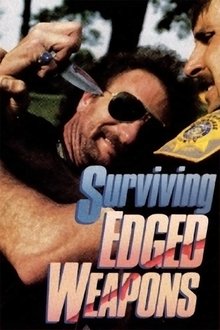
Surviving Edged Weapons (1988)
In an intense action-filled 85 minutes, you will learn to defend yourself against the mounting threat of “knife culture” offenders.

Der grosse Kanton (2013)
Is the solution to Switzerland's future to integrate Germany into the confederation? After all, like Michael Ringier, CEO of the Ringier media group, says, blithely ignoring all minorities, we're very close in culture and language. Oskar Freysinger takes out his guitar and sings his answer. Politicians from French-speaking Switzerland and Ticino think expanding will help the country survive. The former German foreign minister thinks the two countries' traditions are too different. The banker Oswald Grübel is worried about Germany's debts, although he'd be prepared to take over its assets. With serious interviews interspersed with gags (boat people on Lake Constance, the last Habsburger as a peasant), Giaccobbo gathers off-the-cuff reactions which reveal a lot about the different mentalities. The movie laughs at preconceived notions, redefines neutrality and reflects on what designates a nation. Switzerland, which loves to teach the world a lesson, will soon helvetize the planet, oder?
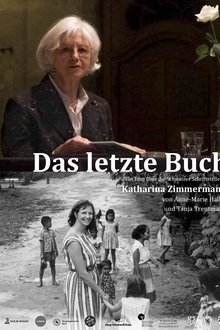
The Last Book (2019)
The film focuses on the exciting life journey of Swiss writer Katharina Zimmermann. She follows her husband on a mission to the jungle in Indonesia where she raises their four children and five foster children and lives through the military coup. Back in Switzerland Katharina discovers her voice and finds her path. Now, at eighty, she is writing her life story. Yet suddenly she faces another battle because her publisher is threatening to let her go.
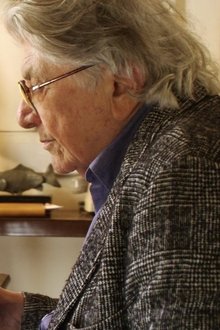
Paul Nizon: Der Nagel im Kopf (2020)
The film tells of the radical life-search by the Swiss writer Paul Nizon, born 1929 in Bern, Switzerland, who became what “he was meant to be” in Paris. Now 90-year-old, Paul Nizon grants insights into his life and work in a self-ironic, direct manner. The intimate portrait of a great literary outsider emerges, for whom the risk of life and the risk of writing merge into one and the same work of art.
